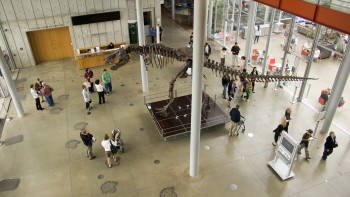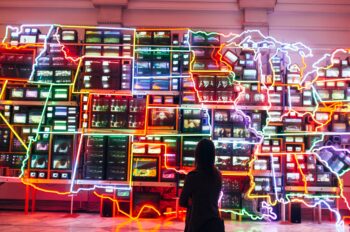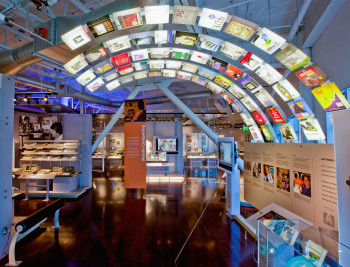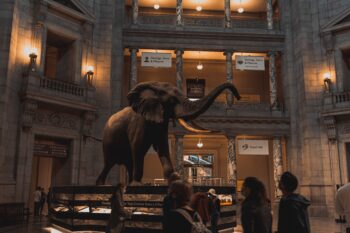Our evaluations and research support learning in museum spaces as well as museum partnerships with educational institutions such as pre-schools, K-12 and post-secondary schools, and summer and after-school programs. We examine audiences, exhibits, curriculum and digital resources, and institutional processes related to scaling and organizational development. Our team is experienced in applying qualitative and quantitative research methods in the context of informal and formal educational spaces, and has developed specialized expertise in conducting visitor intercepts, focus groups, interviews, surveys and observations with museum partners.
Please explore selected examples of our projects with Museums below. We welcome the opportunity to discuss your project with you and to provide you with more information about our tailored services. Please Contact Us to schedule a free 30-minute Q&A session with a consultant.




